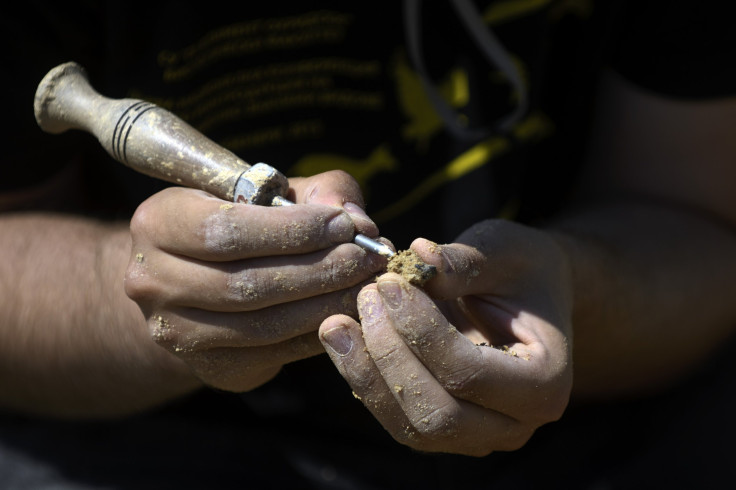Scientist Finds Microfossils In India That Are 2 Billion Years Old

A geologist in India found "prokaryotic" microfossils that are considered to be 2 billion years old. Microfossils are a group of small fossil remains that can only be studied microscopically. It can either be a part of a larger organism or a whole minute organism. Microfossils are said to be the most important group of fossils.
Naresh Ghose, a Bengaluru-based geologist, first discovered the microfossils in a carbonaceous shale in central India. Ghose, who is also a former geology professor at Patna University, reported his findings at the Indian Geological Congress in Nagpur, an annual convention for Indian scientific discoveries.
"The present study reports for the first time the presence of “organogenic” microfossils—derived from living organisms—in black shale immediately underlying the volcanic rock of the Gwalior basin," Ghose said at the convention, according to Doonwire. "Therefore, the microfossils (Prokaryotic-RNA cell) in the Gwalior basin may be regarded as the confirmed oldest existence of life dated about 2,000 million years ago ever to be recorded from the Indian subcontinent."
Prokaryotic microfossils consist of the remains of bacteria, fungi, plants, planktons and animals. They are considered to be the earliest indicator of life's existence on the planet. The small fossil, which is smaller than one millimeter in length, are comprised of carbonates and a combination of iron-bearing material.
"This important discovery was made using a simple and inexpensive device like a microscope without the aid of any sophisticated instrument," Ghose said, according to the New Indian Express. "The USA is utilizing black shale as an alternative source for hydrocarbons and is a leading exporter due to its technological advancement."
Microfossils have also proven to be very crucial in the fields of geology, biology and paleontology.
"Billions of dollars have been made on the basis of microfossil studies," an article published to the University of California Museum of Paleontology's website claimed. "Because they usually occur in huge numbers in all kinds of sedimentary rocks, they are the most abundant and most easily accessible fossils."
In May, the world's oldest microfossil was previously found in Quebec, Canada, by a group of researchers from the University College London. The research team initially considered the microfossils to be about 4.3 billion years old. The microfossil would have emerged more than 200 millions years ahead of when the earth first formed.
© Copyright IBTimes 2024. All rights reserved.






















